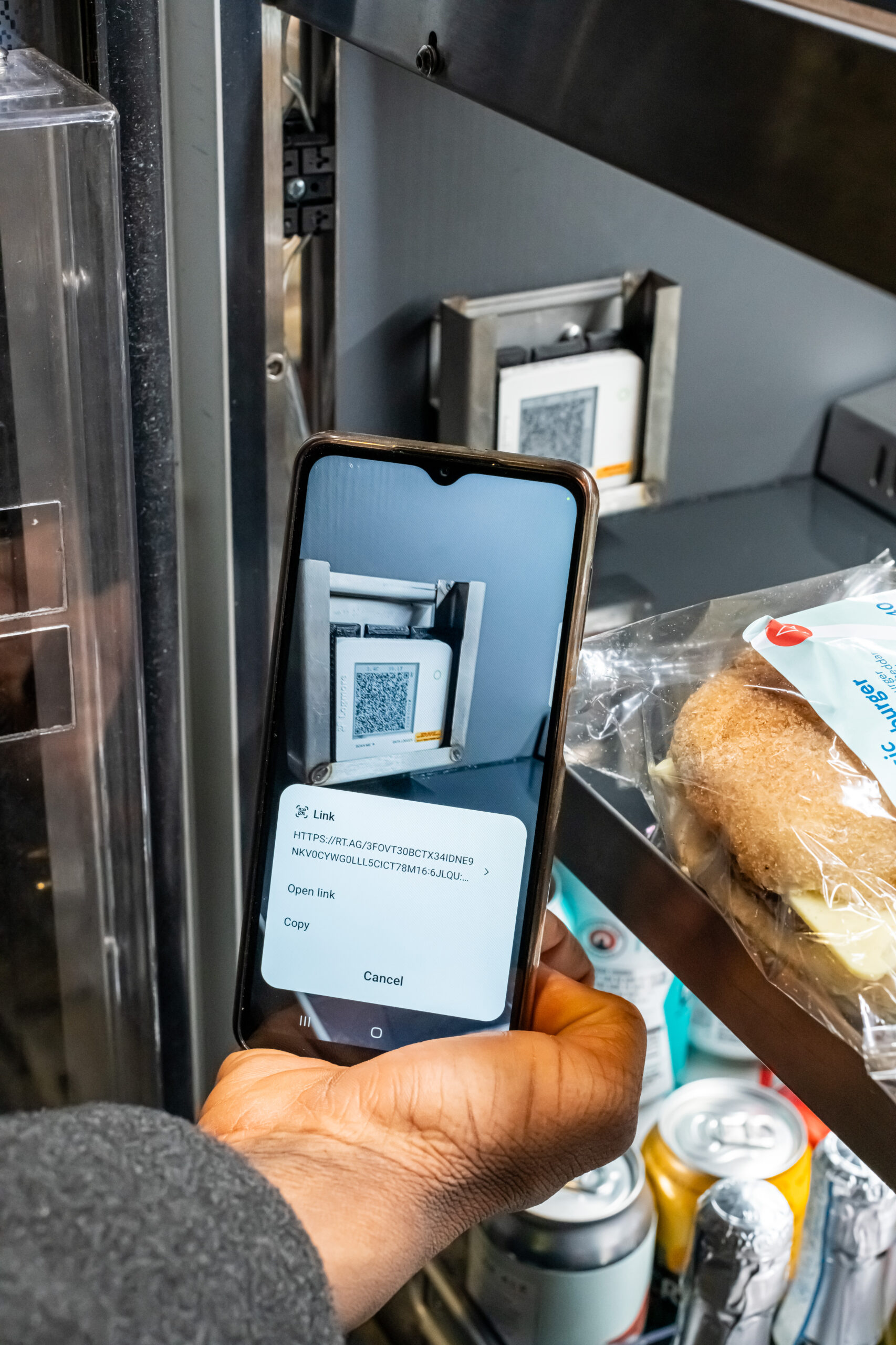Automation is fast becoming the preferred route to maintaining a competitive advantage as evidenced by increased investment in AI and Data Science. The impact of this is driving a requirement for an upskilled workforce.
How will businesses and workers adapt?
It is inevitable that any new skills will ultimately be focused on improving efficiency and enhancing the customer experience. Whilst this doesn’t mean our current workforces will become redundant, it does however suggest workers that are prepared to find a path to upskill, will thrive in this changing environment.
Whether a warehouse is manual or automated, the last 10 years have seen the emergence of a dominating dimension that has become paramount in defining efficiency: data and data management. The importance of data and data management has started to accelerate with the availability and sophistication of data analytics coupled with ‘smart’ AI technology.
These advances are starting to redefine the warehouse workforce and we are now seeing a sharp increase in software developers, data analysts, and technology managers. In this new environment businesses will have to extend the workforce’s traditional skills and capabilities to leverage the opportunities presented by the digital warehouse era.
However, the acceleration towards the digital era also presents a potential hazard: the speed of change may outpace the ability of businesses, schools, technical colleges and universities to adapt their courses to meet the challenge. This means that the supply of suitable resources might not be sufficient to meet the demands of businesses. In such circumstances it will be up to industry to find ways of developing their existing workforces to bridge the skills deficit. Inevitably this will mean industry leaders will have to work with Universities etc, to design executive courses that are shorter than the traditional 3 or 4 year degrees and truly embrace the concept of lifelong learning.
Advice for businesses building the workforce of the future?
To better understand the opportunities presented by the digital era of warehousing, businesses may need to build mechanisms and facilities that challenge the status quo. Businesses will need to foster creativity and possibly entertain business functions that are designed to break the current operational model (internal competition or even black ops teams). Instead of trying to make the existing system more efficient they may need to break out of the competency trap by releasing creativity through de-coupled budgets and disintegrated organisational structures. These challenges are not trivial and many organisations will struggle to implement such radical creativity. But there are examples, even in the world of logistics.
Online grocery retailer Ocado, which now employs over 3000 software engineers, is doing just this. Investing in technology to disrupt the grocery store footprint, Ocado is using software and algorithms to creatively solve all types of problems, which previously would have been handled by material handling companies. By doing this, it is able to effectively optimise end-to-end processes for customers and eliminate costs that traditional grocery retail operations often incur.
How is automation and AI changing the skills needed in your workforce? Are you ready for disruption?
Professor Greening, Deputy Director of the Centre of Sustainable Road Freight and board member of imio Software Solutions and Conveyor Networks













